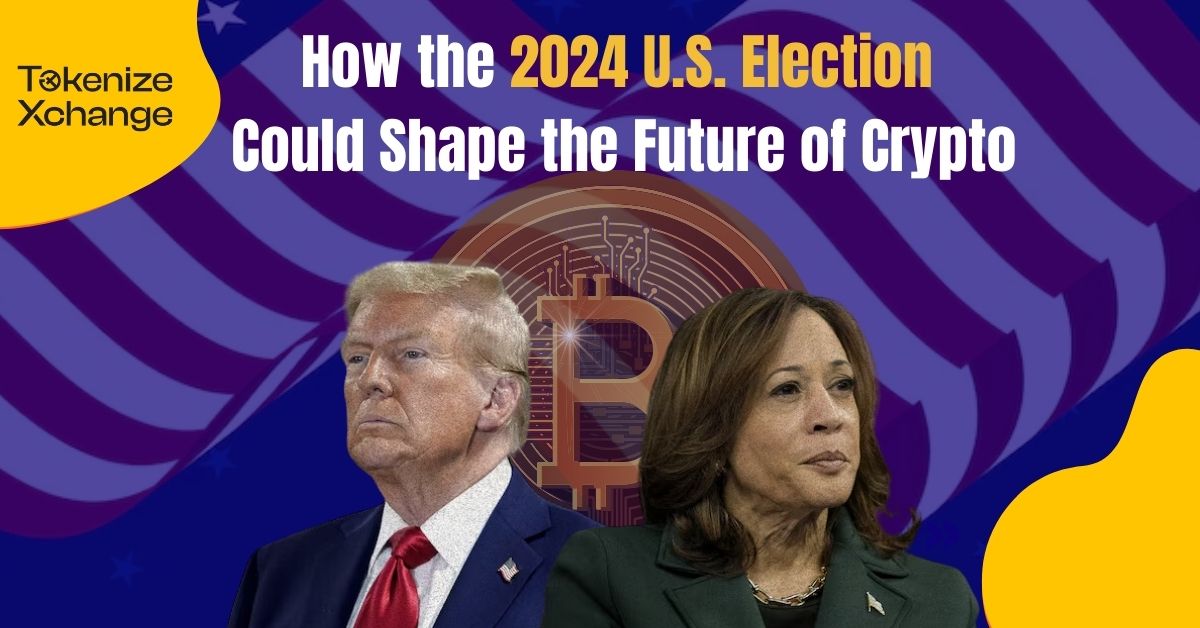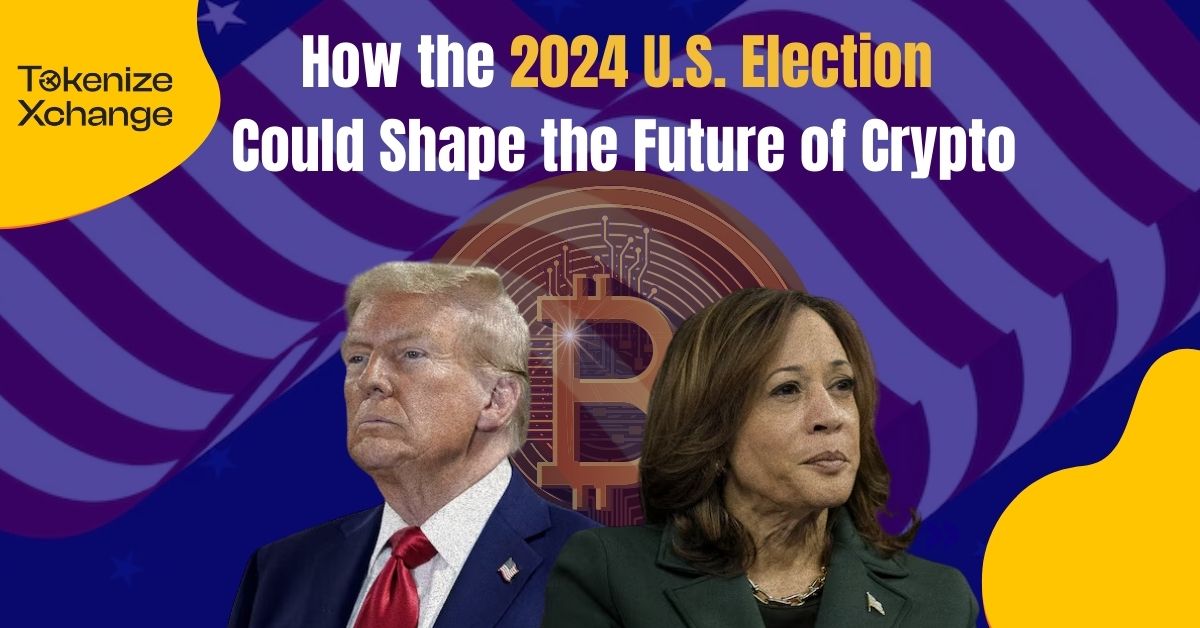
The U.S. is one of the largest markets for cryptocurrency, and its regulatory stance often influences other countries. Therefore, the 2024 U.S. presidential election may not only shape traditional financial markets but could also heavily influence the future of the entire crypto landscape. With Bitcoin, Ethereum, and numerous altcoins showing volatility and strength leading up to the election, market participants are watching closely to see how the results might impact both regulation and investment in digital assets.
Donald Trump: The Strong Advocate for Crypto
Despite his previous skepticism toward cryptocurrencies, former President Donald Trump has now emerged as an advocate for digital assets, publicly pledging his support for the industry. In a surprising shift, Trump has begun accepting campaign donations in crypto, with the political action committee supporting his presidential bid, the Trump 47 Committee, raising approximately $7.5 million in cryptocurrencies. This move highlights his evolving stance on digital currencies and positions him as a potential ally to the crypto community, reflecting a growing acceptance of cryptocurrencies in mainstream political fundraising.
Trump has claimed that, if elected, he would work to end the so-called “crypto war,” signaling a commitment to fostering a more favorable environment for digital currencies. This assertion highlights his intention to bridge the gap between regulatory frameworks and the rapidly evolving crypto landscape, which many in the industry believe has been hindered by overly stringent regulations. By advocating for a more supportive regulatory approach, Trump aims to cultivate an ecosystem that encourages innovation and investment in blockchain technology.
Kamala Harris: Balancing Consumer Protection with Innovation
On the other hand, Vice President Kamala Harris, who has previously taken a cautious stance on cryptocurrencies, is now engaging with the topic more directly. She advocates for stronger regulatory oversight of the crypto market, highlighting the importance of clear guidelines for consumer protection and financial stability. If elected, Harris may push for policies aimed at balancing innovation with regulatory oversight, providing clarity to businesses while aiming to protect consumers from the risks of the digital asset market.
Despite her support towards the adoption of blockchain technology, many expect an initial drop in its price if she wins, primarily due to concerns over potential regulatory scrutiny and the market’s reaction to her cautious stance compared to Donald Trump’s more favorable position on digital assets. As Harris emphasizes stricter regulations to ensure consumer protection and financial stability, investors may react warily, fearing that her approach could hinder the growth of the crypto market in the short term.
Conclusion: The Election’s Impact on Crypto’s Future
The future of crypto in the U.S. may hinge on the regulatory approach taken by the next administration. Whether it’s Trump’s strong support on crypto or Harris’s balanced approach to innovation and consumer protection, the policies set by the new president could shape the trajectory of digital assets for years to come.
